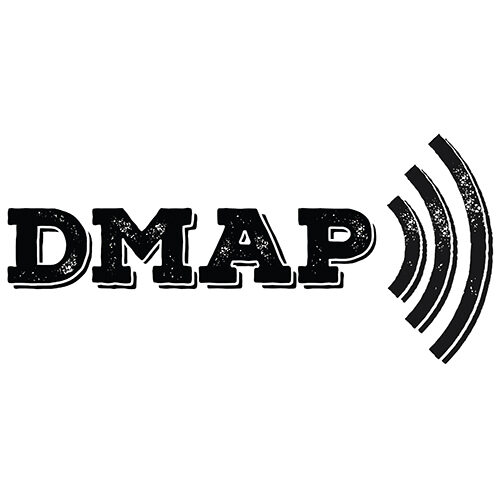As a black disabled woman, I went into the Crip Camp premiere with a lot of preconceived notions. As a journalist and critic, I know better than to do so, but as a disabled woman, that knowledge muddled a bit. Let me explain, I went to a press screening of Crip Camp during Sundance 2020 certain I’d leave having watched yet another film filled with inspiration porn, praise for the nondisabled people in the documentary, and a list of the dead disabled people to precede the credits.
I have never been so happy to be wrong in my life.
Crip Camp is a tour de force. From co-directors Nicole Newnham and Jim LeBrecht comes something so far from the normalization of inspiration porn and infantilization that I was left crying with tears of pride, hope, and awe by the end of the documentary. In the early 70s, LeBrecht actually attended the camp at the center of the film, “Camp Jened” was a safe haven of sorts for disabled campers who were in many ways, free when they arrived. There were no malicious stares, no harmful questions, just a fostering of community where teenagers could be teenagers. They could and did fall in and out of love, made out behind buildings and fooled around too. Perhaps the biggest revelation was that Camp Jened is partially responsible for the ADA we have today. In nurturing an environment wherein young people can feel understood and heard is the reason they became adults who shifted the arc for disabled citizens toward equality. There is still much work to be done but the arc is important. In Crip Camp, we learn about disabled people as people first without the expectation that they need be extraordinary in the first place, though they were and are.
Crip Camp follows campers and camp counselors: Jim LeBrecht the co-director of the film and sound mixer for movies himself, Judy Heumann a disability rights leader, legend, and hero, a former camper and camp counselor, co-founded Disabled in Action and served as Special Advisor on Disability Rights for the U.S. State Department. Denise Sherer Jacobson a camper who has a master’s in Human Sexuality and met her husband, Neil Jacobson a fellow camper when they both attended Camp Jened. Neil, has his own Masters in Computer Science and a whole host of other equally important people. Footage of the camp itself is the centerpiece of the film, featuring recorded discussions the campers had with each other and counselors about life as a disabled person. These vignettes help drive home the shared desire for independence, growth, and autonomy. So, given the context, to call Camp Jened the catalyst to the Section 504 of the Rehabilitation Act and even the ADA is not a stretch.
Aside from Crip Camp’s message, I enjoyed the pacing and the narrative arc of the film. I appreciated that those aspects of the film were not tossed aside in favor of aforementioned inspiration porn. The film could have touched upon the intersection of race alongside the hierarchy within the disability community to offer a fuller picture because during the sit-in portion of the film, they discussed how The Black Panthers provided the protesters with food and were one of the first organizations to stand with them in solidarity. This left me wondering about the black disabled people in that time period and whether or not they attended the camp or the protests later and what their experiences were like and if they differed, how so?
All in All, Crip Camp is a must see whether you’re disabled or not. The journey of a group of people who eventually help make and change history is a journey you probably don’t know much about and don’t want to miss.

Keah Brown is a journalist and writer whose work can be found in Glamour Magazine, Marie Claire UK, Harper’s Bazaar, and Teen Vogue among others. Keah Brown’s debut essay collection THE PRETTY ONE, is out now via Atria Books. You can learn more about her at keahbrown.com

